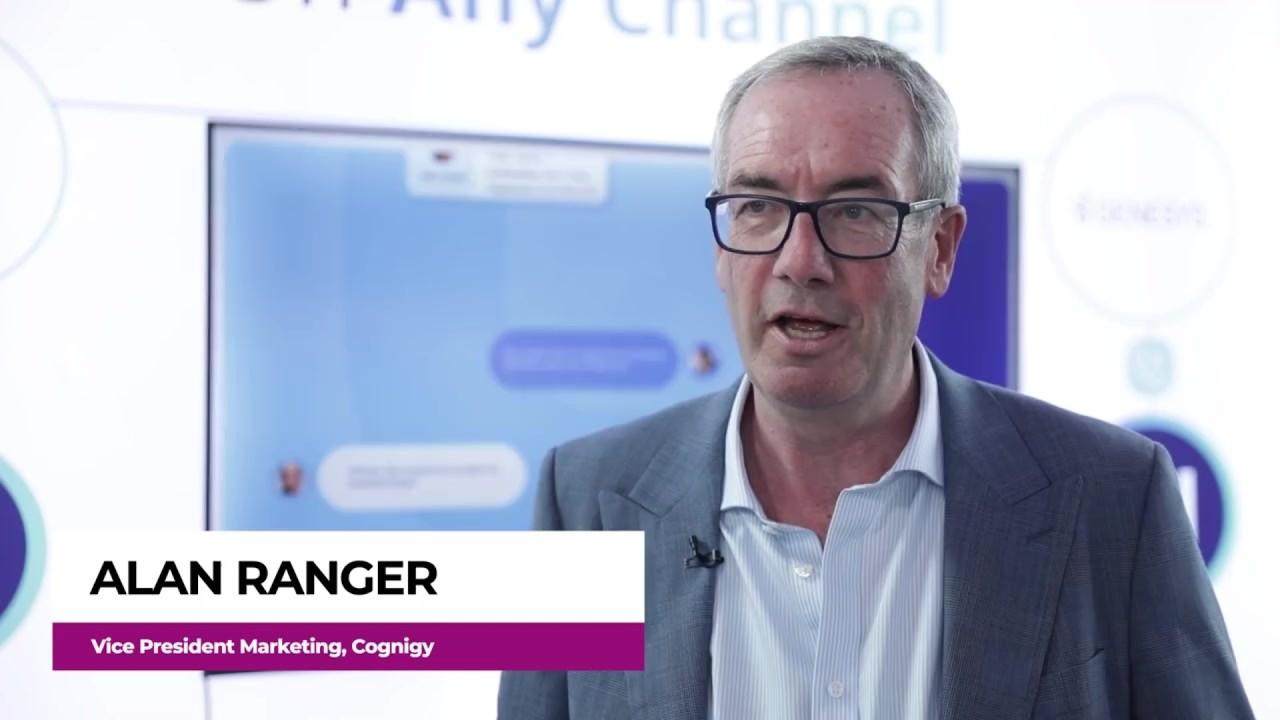Cognigy’s Agentic AI: Transforming Enterprise Service Automation
In a Q&A with CIJ EUROPE, Alan Ranger, Vice President at Cognigy, discussed the company’s “Agentic AI” framework, its safeguards, the integration of generative and conversational AI, and the analytics behind scaling enterprise automation.
Enterprises are increasingly looking beyond traditional chatbots to automation frameworks that can handle complex, multi-step tasks while ensuring safety and scalability. According to Ranger, Cognigy’s Agentic AI framework is designed to fill this gap, combining the flexibility of generative AI with the structure of enterprise-grade conversational systems.
Unlike rule-based chatbots, which often fail when conversations deviate from scripted paths, Cognigy’s Agentic AI acts more like a capable team member. It can reason, adapt, and take action, breaking down complex requests into steps and executing them autonomously. Context is retained across conversations, creating a seamless customer experience without repetition. Crucially, it connects directly to enterprise systems, enabling tasks such as processing payments or updating records. In practice, this has already shown measurable results: one major telecom company reported a 22% increase in self-service completions and a 34% reduction in escalations within just six weeks of deploying Cognigy’s technology for mobile plan upgrades.
Safety and control are central to Cognigy’s design. Ranger emphasizes that the company grounds its AI Agents in verified enterprise data, rather than the open internet, significantly reducing the risk of errors or hallucinations. Its hybrid architecture allows natural, human-like conversations where appropriate, but ensures strict rule-based controls where accuracy is essential. In addition, the platform integrates with moderation and compliance tools and provides guardrails that guide AI behavior, making it possible for deployments to align with enterprise-specific policies and governance standards.
Cognigy also sees generative and conversational AI as complementary technologies. Generative AI delivers more natural interactions, while conversational AI ensures structural integrity and integration with backend systems. Together, this combination allows enterprises to deliver consistent support across channels – from voice to chat, messaging, and social platforms. For contact centers, Cognigy’s Agent Copilot supports human agents by listening to conversations, surfacing relevant knowledge, translating in real time, and creating instant call summaries. This reduces handling times and frees agents to focus on building stronger relationships with customers. The Lufthansa Group is among the companies already using Cognigy to automate digital and voice channels while equipping service teams with real-time AI assistance.
Monitoring and optimization are supported by Cognigy Insights, the company’s analytics suite. It provides real-time visibility into live conversations as well as historical analysis of customer journeys, highlighting patterns, bottlenecks, and performance gaps. Key performance metrics such as time saved, containment rates, cost reductions, and customer satisfaction are continuously tracked, making it easier for enterprises to quantify the return on their AI investments. Insights also integrates with external business intelligence platforms, ensuring data transparency across organizations.
For Ranger, the broader shift is clear: AI Agents are no longer simply query handlers but strategic tools for enterprise automation. “A satisfied team and customer base comes from more than just wages or speed,” he said. “It’s about trust, communication, and creating an environment where technology works alongside people. That’s what Agentic AI enables.”
With measurable improvements in efficiency, enhanced safety mechanisms, and an analytics-driven approach to scaling, Cognigy’s platform demonstrates how AI can move from experimental to mission-critical in the enterprise service landscape.
© 2025 www.cijeurope.com









